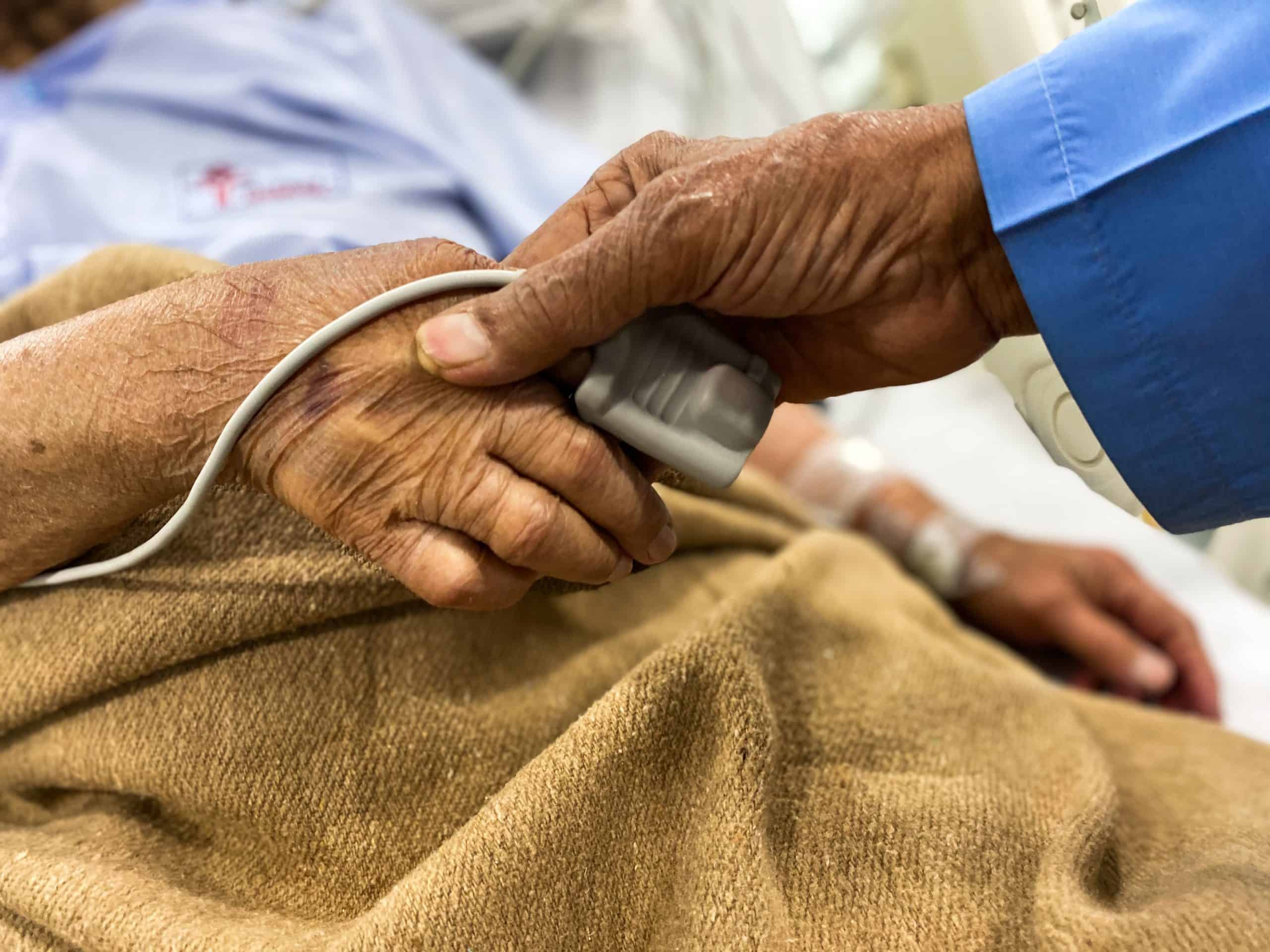New Hamilton COVID-19 study shows less immunity for seniors infected with Omicron
Published August 21, 2023 at 3:55 pm

Hamilton researchers are urging people to remain vigilant about COVID-19 in the wake of a study that found seniors who were infected with Omicron during its first wave were surprisingly much more vulnerable to reinfection than their peers who never had it.
The McMaster University study involved 750 vaccinated older adults in Ontario retirement homes and long-term care settings.
“Our current vaccine schedules are based on the assumption that having had an infection provides some level of protection to future infections, but our study shows that may not be true for all variants in all people,” said Dawn Bowdish, an immunologist and professor in the Department of Pathology and Molecular Medicine at McMaster University. “This research highlights the need for continued vigilance and underscores the importance of ongoing preventive measures against COVID-19.”
Bowdish, who holds the Canada Research Chair in Aging and Immunity, is a co-author of the study published in eClinicalMedicine, The Lancet’s open-access journal. “We must remain cautious and proactive in our approach to protecting public health.”
Researchers found that being infected during the first Omicron wave — which was caused by the Omicron BA.1 and BA.2 variants — made older adults more susceptible to infections in the third wave, which was caused by the Omicron BA.5 variant. The researchers were not able to identify which Omicron variant a person had.
The findings should serve as a warning that we don’t know how previous infections will affect susceptibility to the variants that are now in circulation, said senior co-author Andrew Costa, an epidemiologist and associate professor in McMaster’s Department of Health Research Methods, Evidence and Impact.
“These findings strongly suggest broader research is required to understand whether the wider population shares the same susceptibility as the seniors our group studied,” said Costa. “Until we know more, we think it’s smart for everyone to protect themselves.”
Bowdish said that while the results may not be the same among the wider population, it’s important for everyone to consider a COVID vaccine booster this fall and to continue learning more about the issue.
“We found that some individuals had normal immune responses after the first infection, while others had very low levels of protective antibodies, which we believe was one contributing factor to why they got reinfected,” says Bowdish.
Some caveats of the study include its focus on an older adult population, many of whom were frail and had chronic health conditions, Bowdish said. The results may not directly apply to younger individuals, she added.
The study was conducted from July 1 and Sept. 13, 2022. All participants had received four doses of monovalent mRNA vaccines but not the bivalent vaccine.
Dr. Brendan Lew, Hamilton’s associate medical officer of health, and federal Health Minister Mark Holland have recently advised Canadians to keep up to date on their vaccinations amid the recent rise in cases and a new variant called EG.5.
Hamilton saw the number of new cases and active outbreaks rise over the past three weeks, though COVID-19 transmission is “low and stable.”
INthehammer's Editorial Standards and Policies




